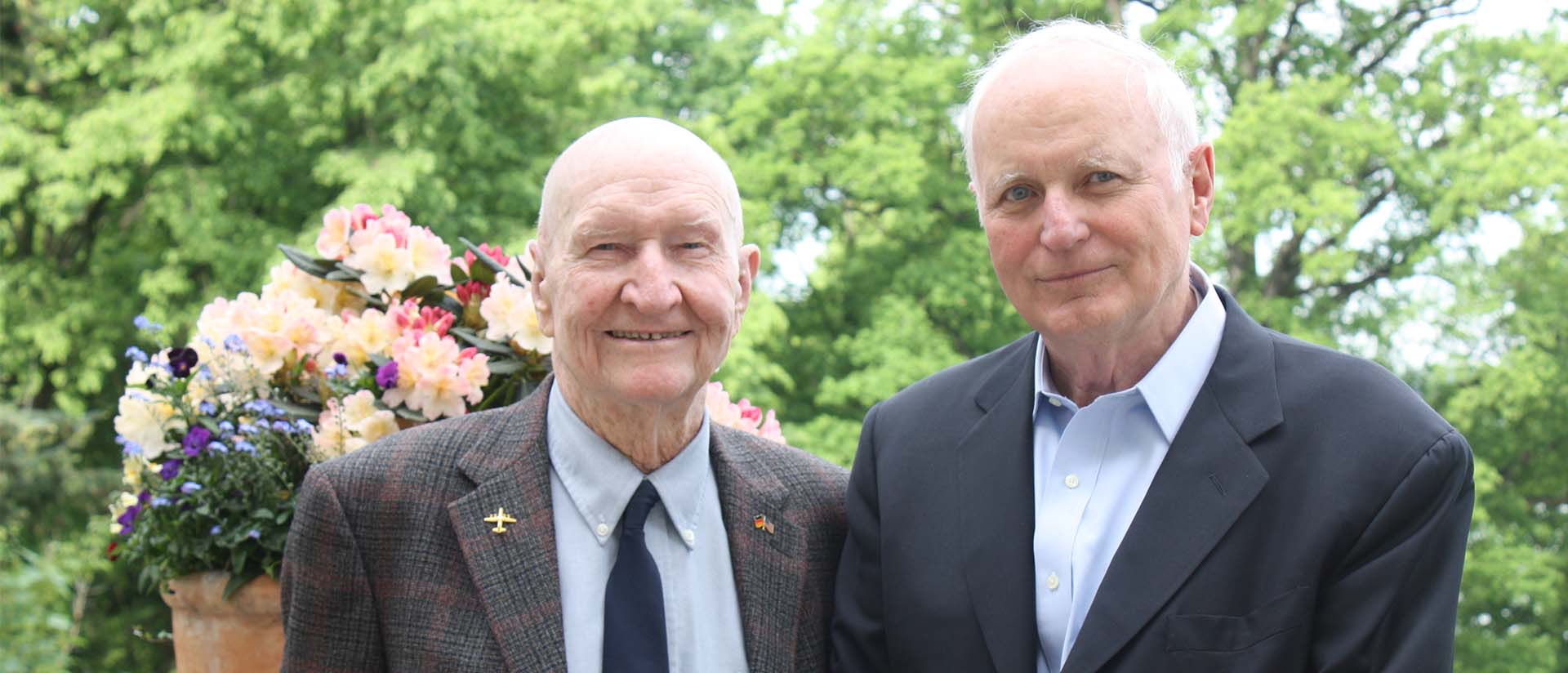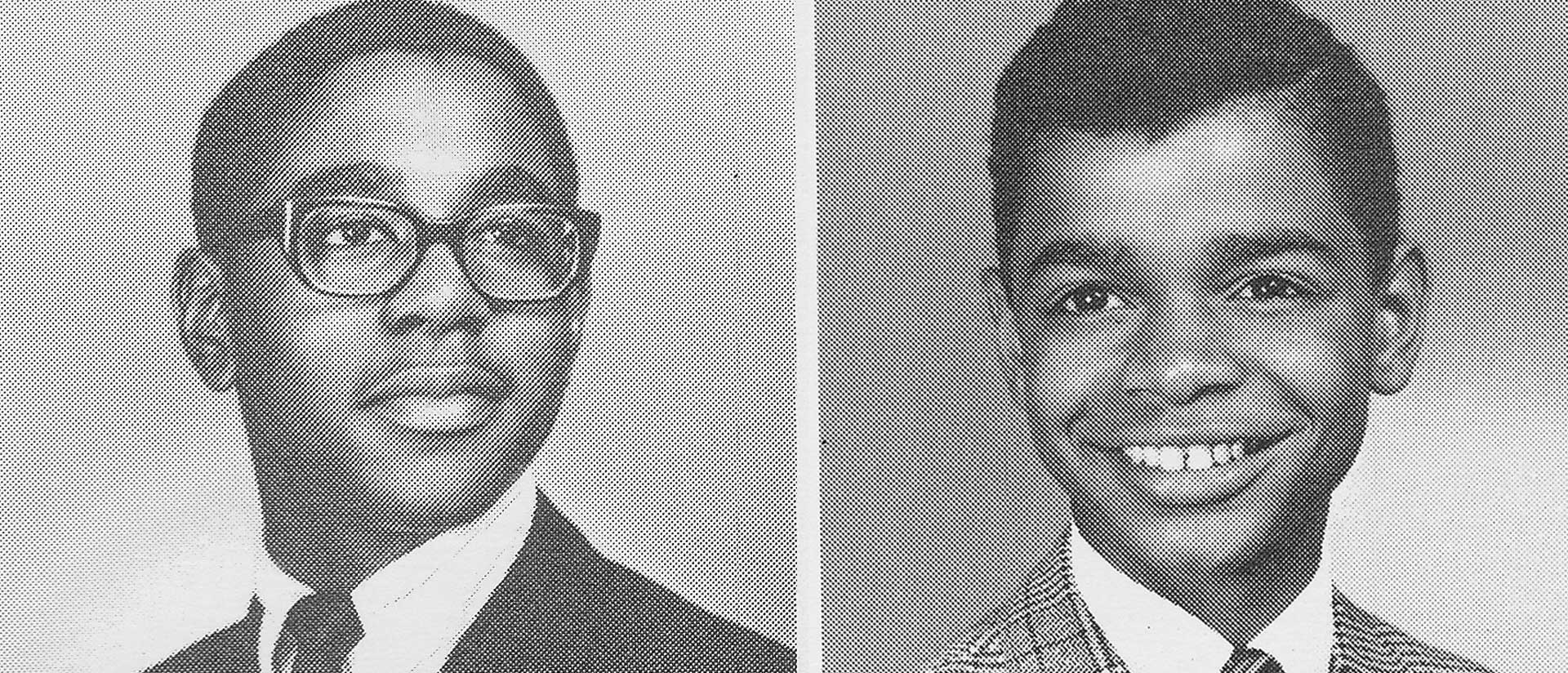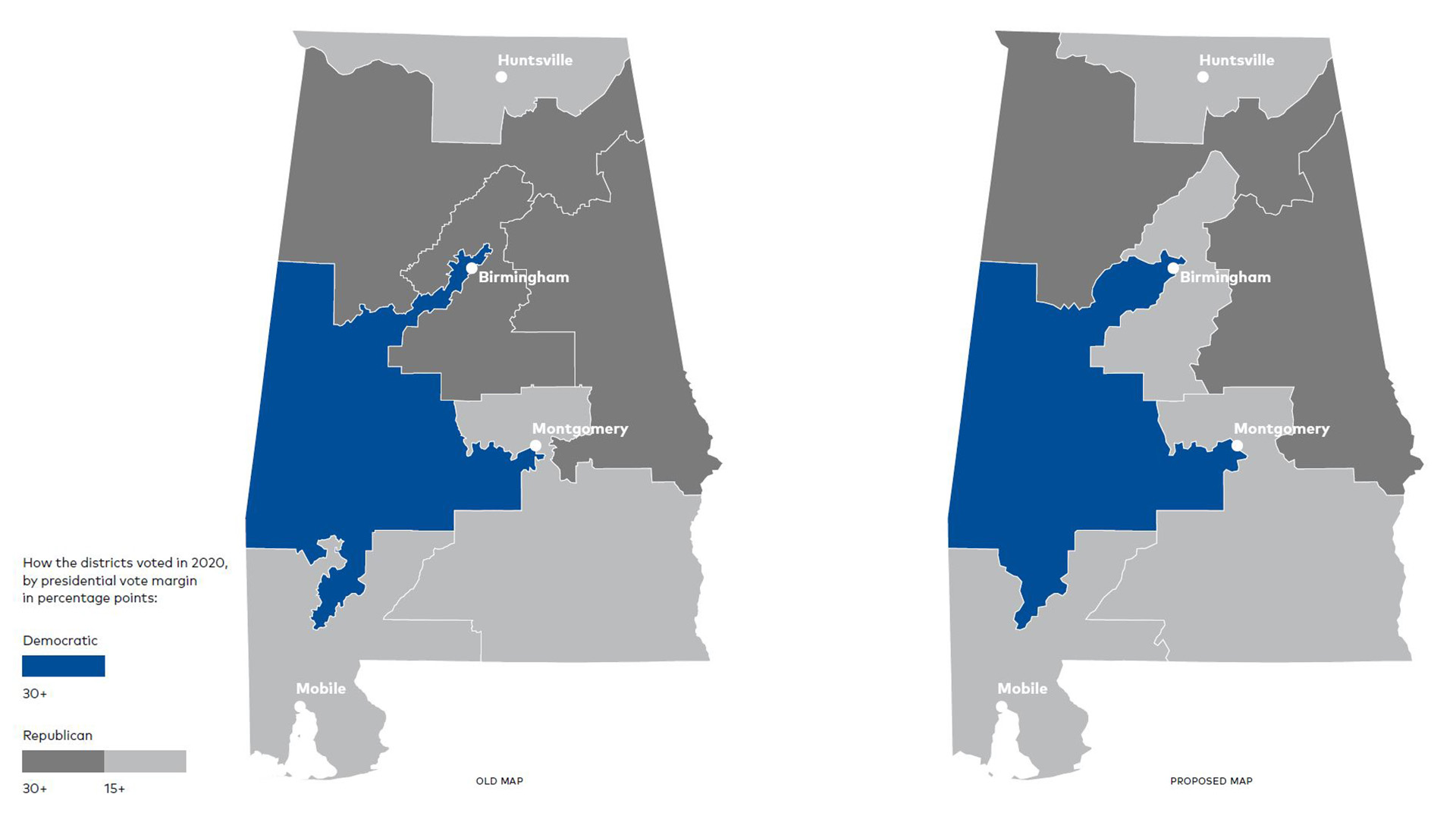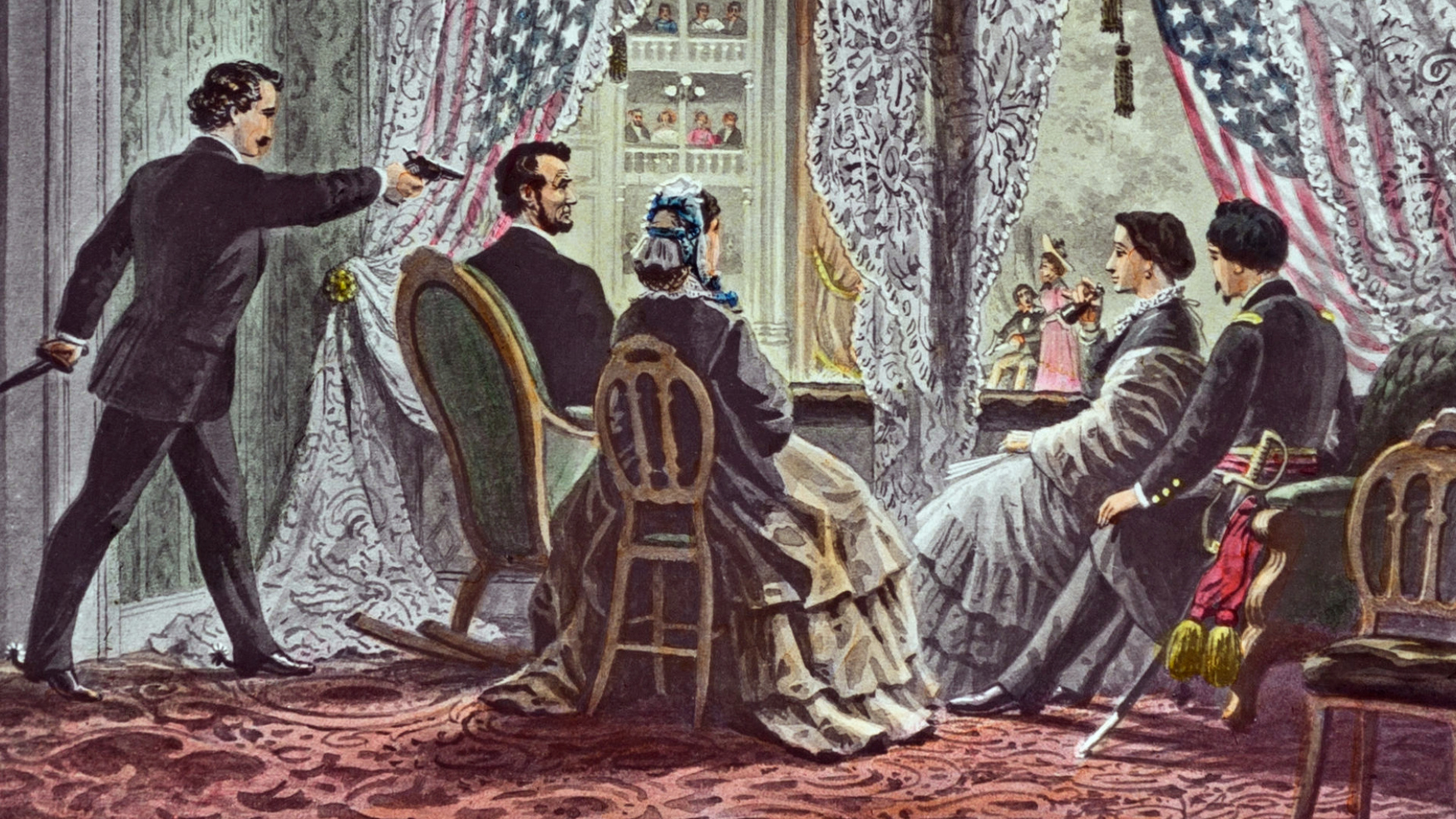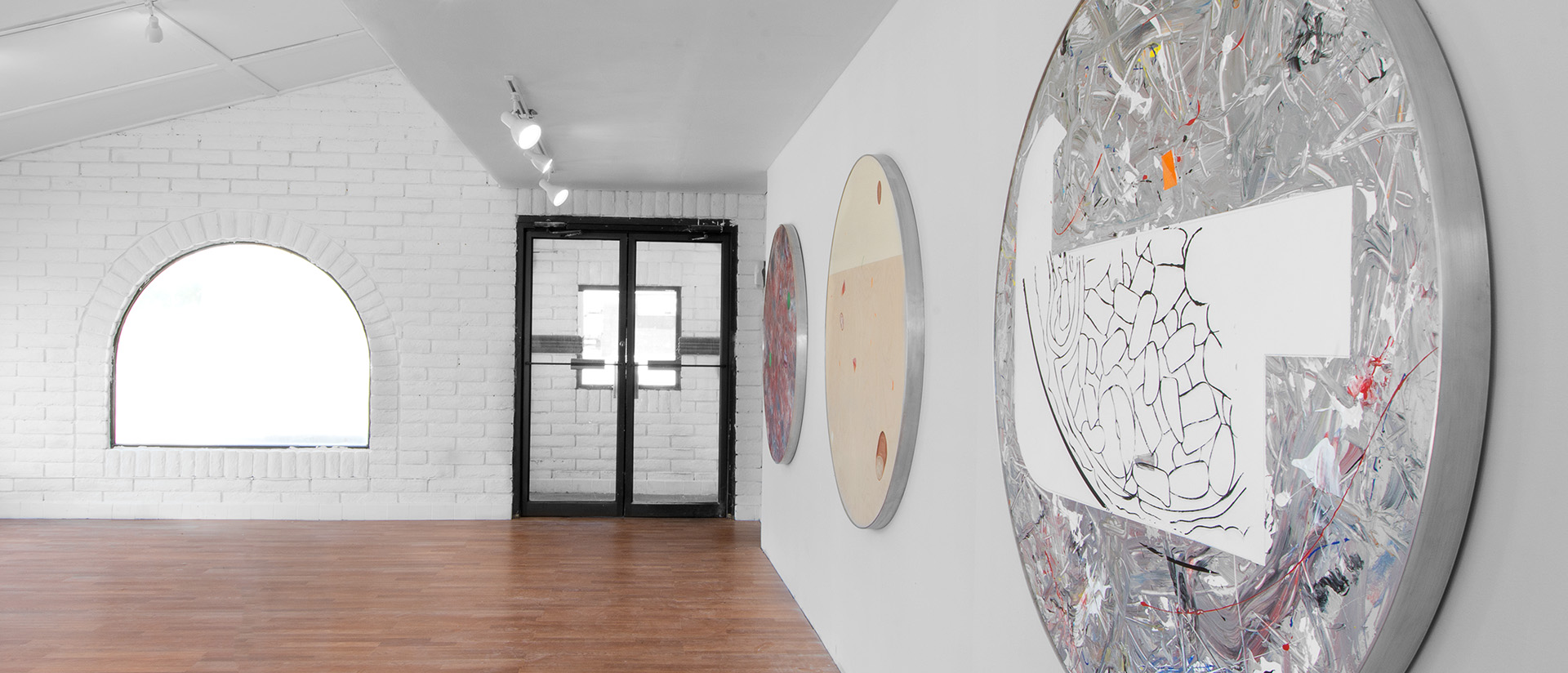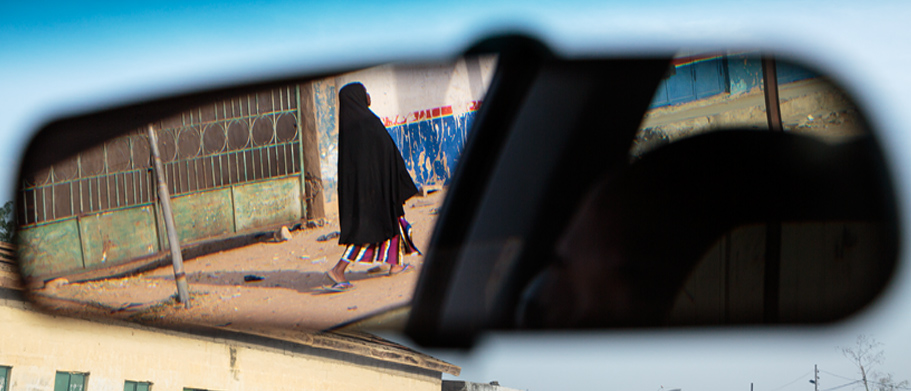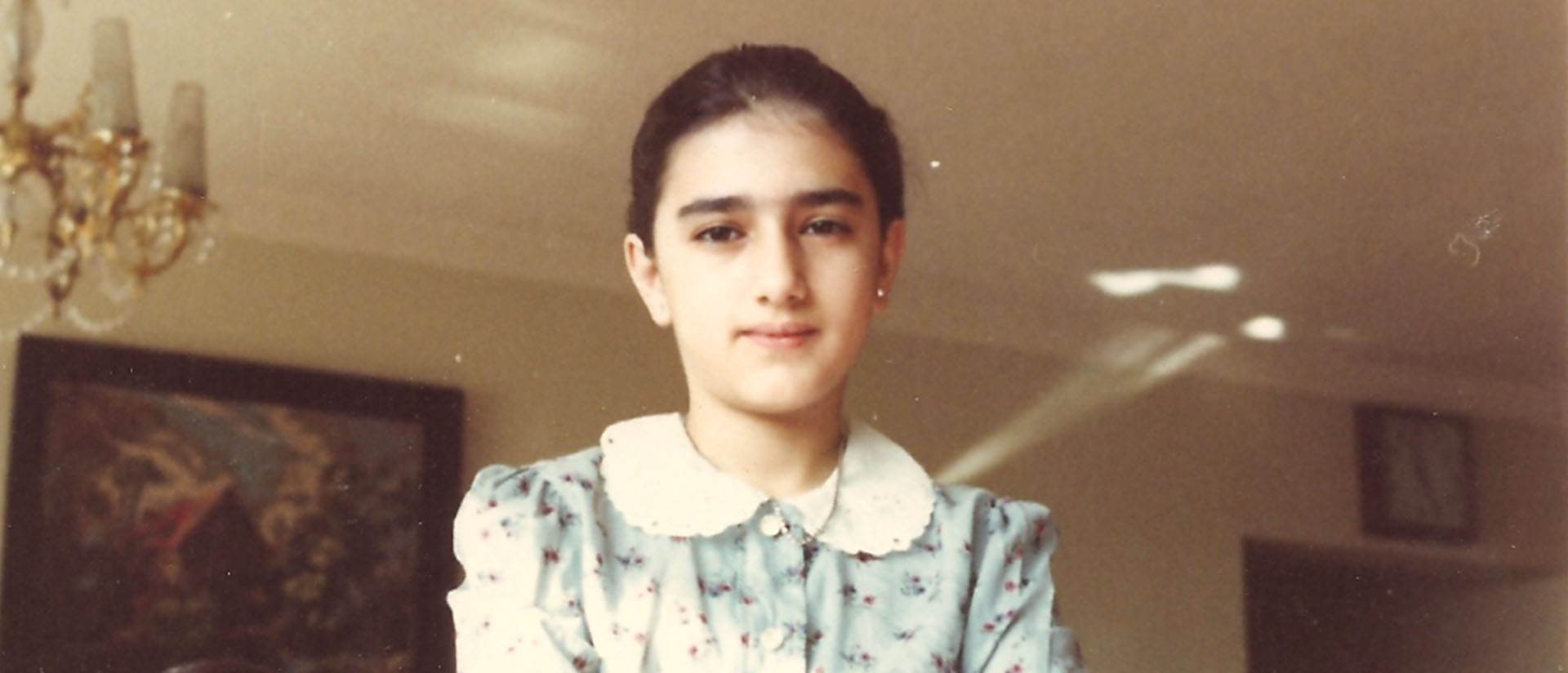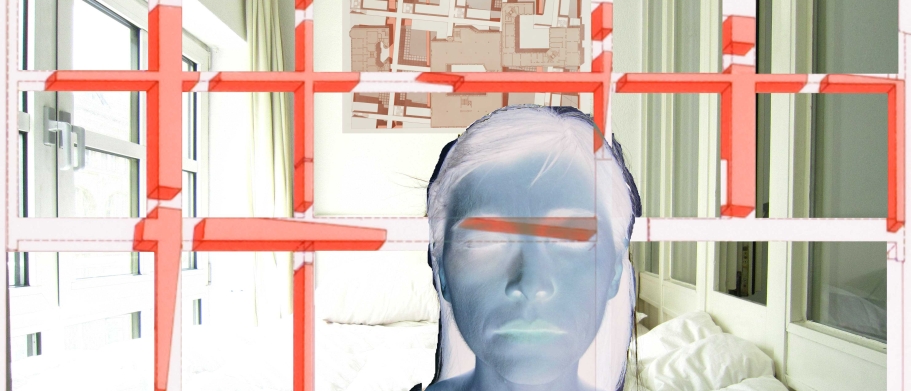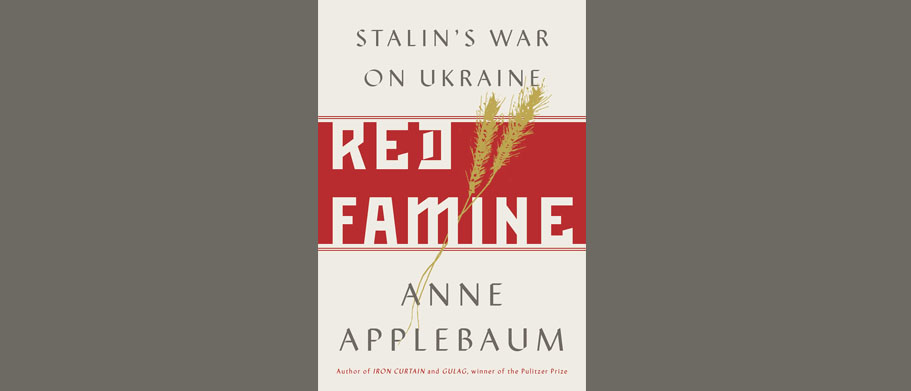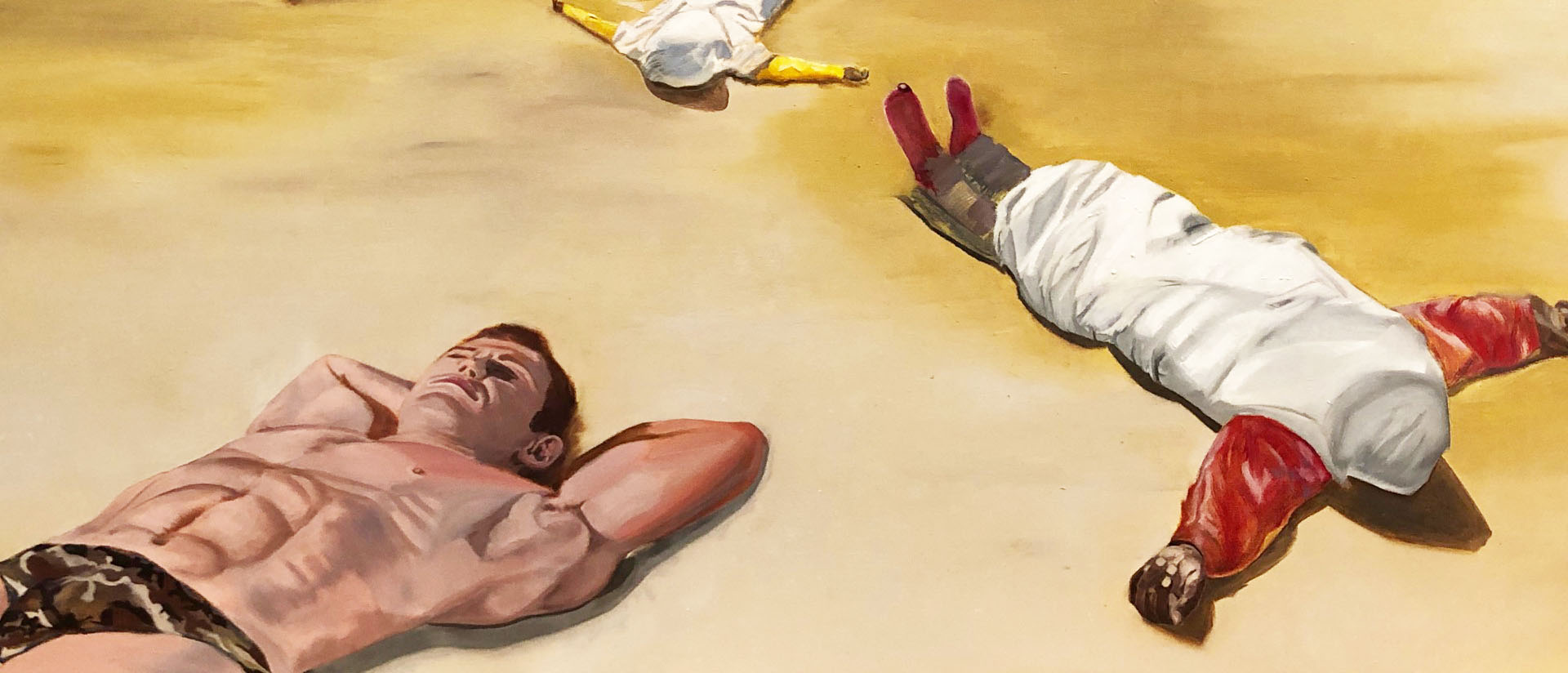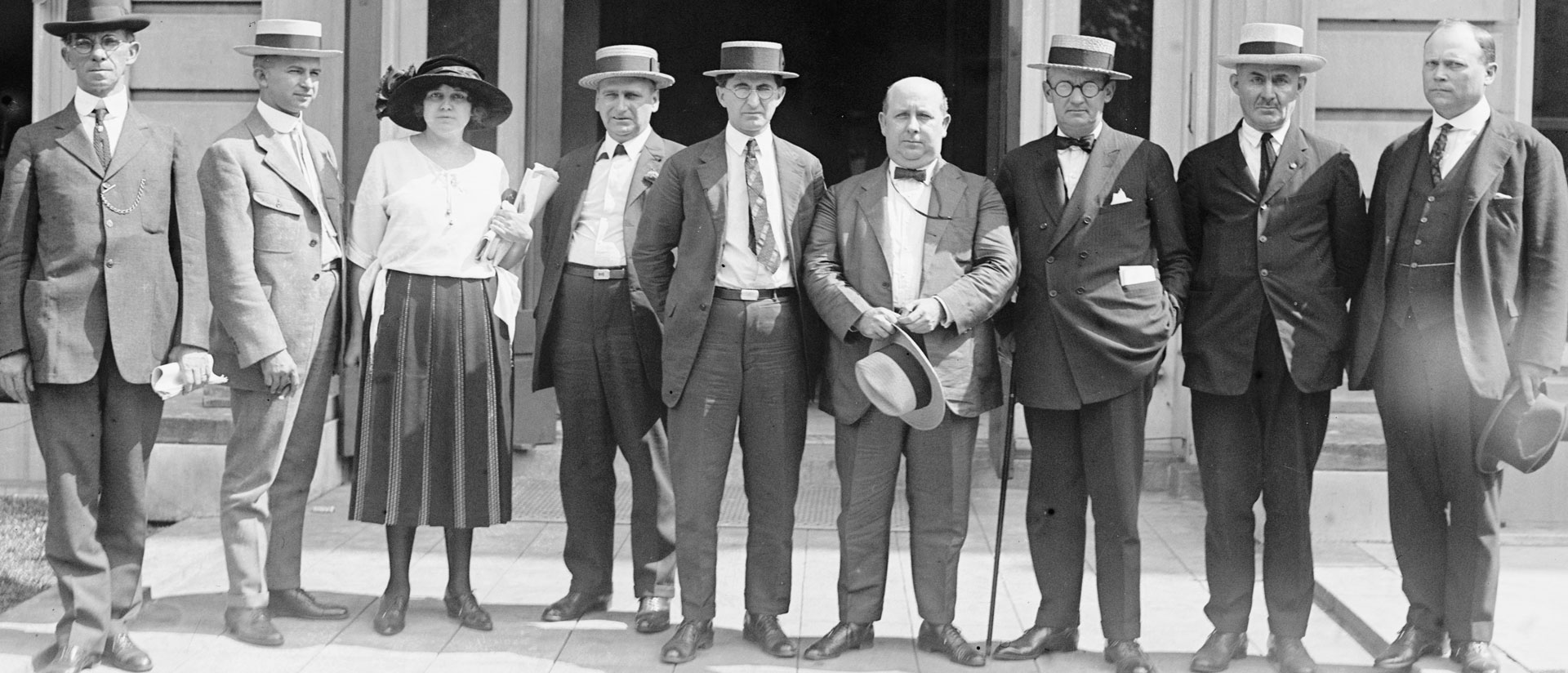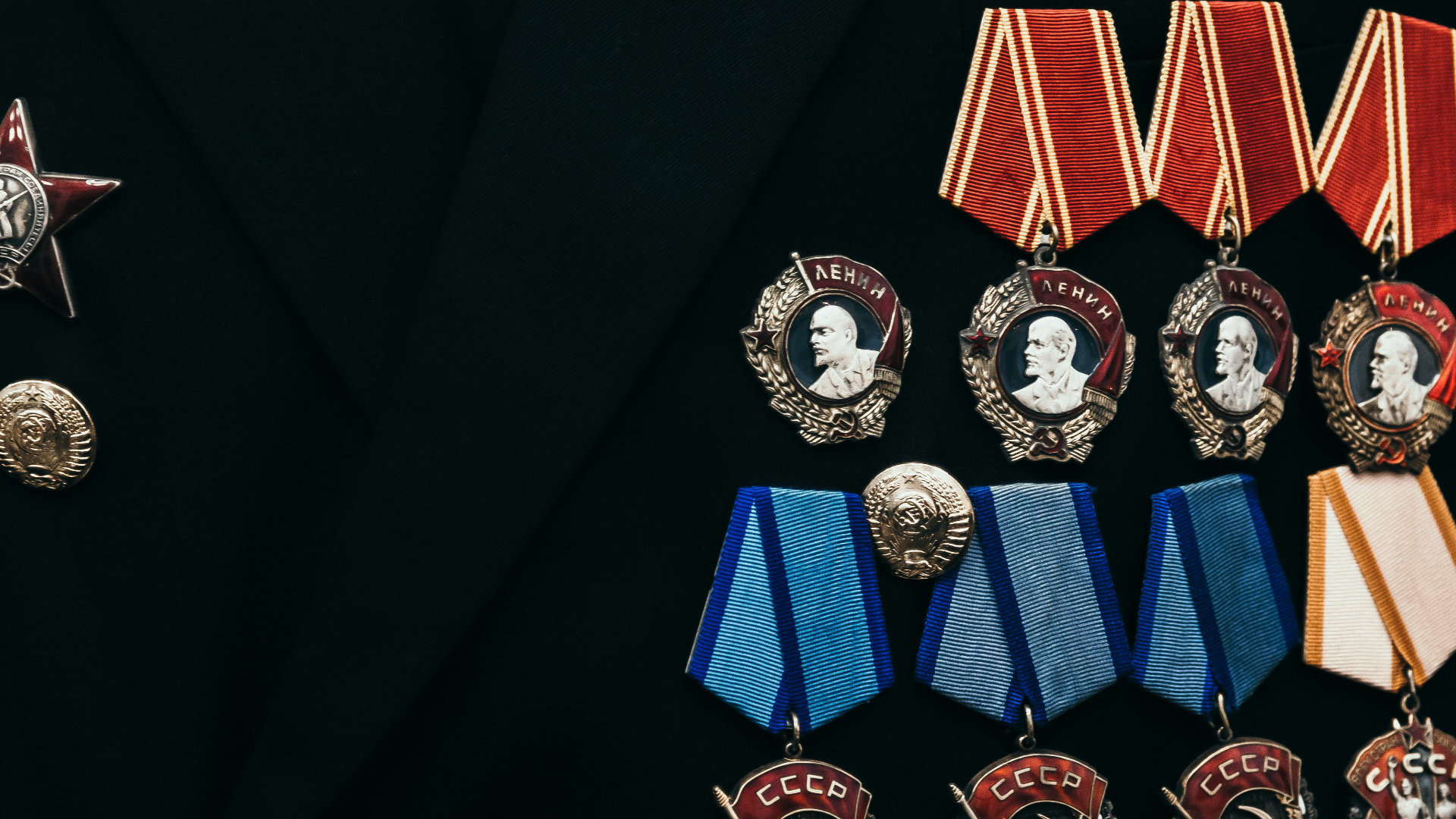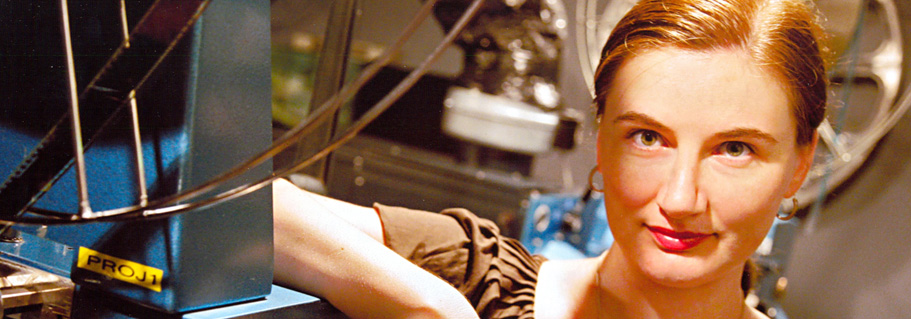
Lemonade
Excerpt from a screenplay
by Ioana Uricaru
Moji and Mara are sitting in Moji’s car, in a deserted parking lot in an industrial area. Moji is a US immigration official; Mara is a Romanian woman who has recently married an American, after having known him for only two months. Moji is in charge of her greencard application. We are in the middle of their conversation:
MOJI: Have you done some babysitting, house cleaning, things like that?
MARA: No. I know I am not allowed to, until I get my work authorization.
MOJI: You’re not allowed to do what?
MARA: To work.
MOJI: Accepting an offer of employment before you receive your authorization is a break of your parole and would be grounds for deportation.
MARA: I know that.
MOJI: Do you understand what I mean by employment?
Mara nods.
MOJI: Can you tell me what employment is?
MARA: Having a job.
MOJI: Wrong. Employment means providing services or labor for an employer for wages or other remuneration.
Mara looks at him.
MARA: That’s what I said.
MOJI: Labor or services. For wages or other remuneration. Do you see the difference?
Mara nods, unsure.
MOJI: Take, for example, prostitution. If you have sex with somebody for money, that’s a criminal act and you can get arrested and go to jail. But if you have sex with somebody in exchange for, say, a favor—not money—that’s not a criminal act. You can’t get arrested, but you can get deported.
MARA: (timidly) I . . . I don’t think that’s true.
MOJI: (calmly) Well, I don’t think you’re really qualified to make that argument. That’s what lawyers are for.
Pause.
A cell phone rings.
It rings a couple of times.
MOJI: (calmly) It’s yours.
Mara fumbles through her purse, for quite a while. By the time she takes out the phone, it has stopped ringing. The display says “missed call.”
MOJI: Who was it?
MARA: My husband.
He takes the phone from her and looks at the display. Then he turns the phone off and places it on the dashboard.
MOJI: Before I forget. There’s another problem with your paperwork.
MARA: (barely audible) What problem?
MOJI: You didn’t check a box on your form.
He gestures to the back.
MOJI: There’s a folder, in the back seat.
She looks at him, unsure—he gives her an impatient look, then taps on the dashboard clock.
MOJI: I don’t have all day.
This seems to somehow reassure Mara; if he’s in a hurry, this can’t take very long—so she twists around and reaches to the back seat. The folder is behind the driver’s seat, so she has to stretch in such a way, between the front seats, that she comes very close to Moji.
He reaches out and grabs her—one arm around her waist, the other hand planted firmly on one of her breasts. She jerks back instinctively but he holds her in place with all his strength.
MOJI : You’ve got it?
He pulls her back, as if this whole maneuver was just to help her reach far into the back seat. Mara is all red. She hands him the folder. Moji is a hundred percent calm, even in a good mood. He goes through the papers in the folder.
MARA: Can you tell me what’s wrong?
He gives her a quick look.
MARA: Please.
MOJI: What, you’re in a hurry all of the sudden?
MARA: Yes, I have to go, I have to be somewhere.
MOJI: Somewhere important?
MARA: Yes.
MOJI: More important than your immigration situation?
She doesn’t answer.
MOJI : Tell me, you have something more important going on right now than fixing your immigration status?
Mara swallows hard.
MARA: No.
MOJI: I’m trying to help you, but if you are in a hurry . . .
MARA: No. Thank you.
He goes back to the file and pulls out a form.
MOJI: Here. You didn’t check the box.
He hands her the form and indicates the missing checkmark.
MARA: I didn’t know what to write.
MOJI: It’s a pretty straightforward question.
He reads out loud, squinting a bit; the writing is very tiny.
MOJI: See here on line 17, it asks if “you or any of your family members are or have been affiliated with the Communist Party.” And you can check “yes” or “no.” You didn’t check anything.
MARA: I didn’t know what to check.
MOJI: Well, were you or weren’t you? Or your parents?
MARA: My parents . . . have been . . .technically, so to speak, affiliated with the Communist Party, in Romania. But that’s not really . . . important.
MOJI: Because you decide what is important.
MARA: Because everybody was affiliated. . . I mean it was mandatory, all children were members of the Communist Youth, in school . . .
MOJI: Were you a member of the Communist Youth?
MARA: Yes, because everybody was.
MOJI: Then write “yes.”
MARA: But that will look bad, it’s like I’m saying that I’m a Communist, that I, and my parents, joined the Communist Party because I wanted to. They didn’t ask us if we wanted to or not, it was mandatory.
MOJI: It says there, on the bottom of the form, that you promise to answer truthfully. So you have to check whatever is true.
She’s almost in tears.
MARA: Are you going to deny my application because of this?
MOJI: What kind of a question is that? You have to tell the truth. Do you only tell the truth when it’s good for you?
MARA: But this doesn’t make any sense . . . this is not why that question is there . . .
MOJI: The US government has a very good reason why they put that question on the questionnaire.
MARA: I know . . . I know that I don’t have to say . . . to write something that is not good for me, that is against me.
MOJI: Where did you hear that? From your friend who is not a lawyer? Or from a movie? People say that shit a lot in movies, no?
She doesn’t answer.
MOJI: Well, you’re right, in a way, just so you know, it is called the Fifth Amendment. And if you want to use it, you say that you want to plead the fifth. Is that what you were thinking of?
She nods.
MOJI : Well the problem with that is that only US citizens can use it. Because it’s a US law. It’s a right for US citizens. So, that’s not a valid reason for an alien to not check the box.
A moment of silence. A car drives by and parks somewhere in the lot. □
Ioana Uricaru is Barksdale Jr. Assistant Professor of Film and Media Culture at Middlebury College and the fall 2016 Dirk Ippen Fellow. Published in The Berlin Journal 30, Fall 2016, pp. 64-65.




